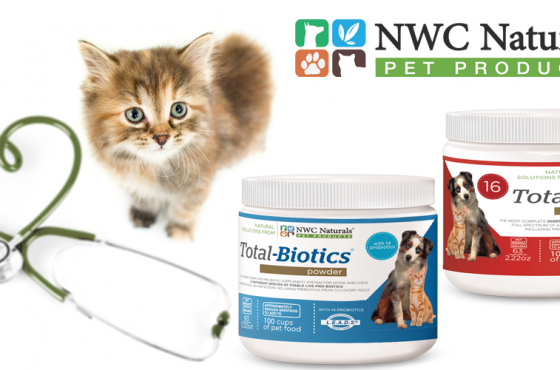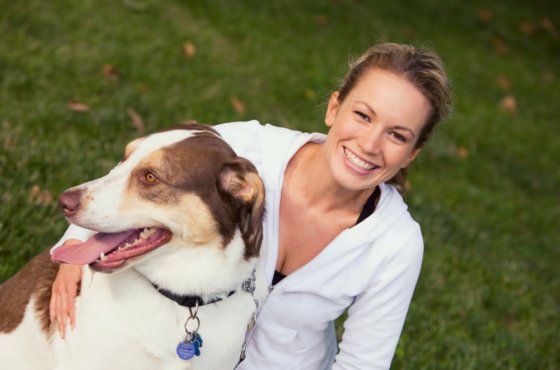5 things your pets won’t tell you about their health
Your pet may not speak with words, but every day he or she is talking to you. No doubt you feel your pet express his love and care for you, and you also may be able to tell when he needs to go outside or when he is hungry. But can you successfully read the signs your pet is giving you about his health? Below are 5 things your pets won’t tell you about their health that they wish you knew.
I’m in pain.
Pets with pain in their belly sometimes appear to have back pain. Belly pain and back pain manifest themselves in similar ways: shivering, shaking, and an inability to run or jump. In both cases, your pet may also flinch when you pick him up.
Natural Solution: Probiotics and Digestive Enzymes
Probiotics will soothe the gut and relieve your pet of gas, diarrhea, and bloating. Digestive enzymes will help digest food completely while reducing pain and inflammation in the back, neck, and legs.
I’m itchy.
Dogs will generally scratch and gnaw on the skin when they are itchy, while cats are less obvious. If your cat is excessively shedding or grooming himself, this may be a sign that he is itchy.
Natural Solution: Systemic Enzymes (Read the article: What Are Systemic Enzymes?)
I’m too hot.
Dogs will naturally continue to run and play until it’s too late and heat stroke sets in. So when you notice your dog panting hard and lagging behind on a walk or run, you know it’s time to stop. Cats are a bit easier to read, and will generally tell you they are done playing by curling up for a nap. Of course, bring plenty of water for your pet on walks and runs and take frequent breaks as necessary.
I don’t need that much food.
Most dogs and cats are willing to eat as much food as you give them. If your pet is eating too much there may be an underlying issue that you need to address.
Natural Solution: Digestive Enzymes
Cats and dogs will instinctively eat until their body gets the nourishment it is craving. Digestive enzymes help your pets digest their food, and absorb all of the nutrients. A more nourished pet will simply not eat as much and will even have smaller, firmer stools.
This food isn’t right for me.
Many pets seem to be picky, only eating certain brands or types of food. If your pet seems uninterested in his meals or will only accept certain types of food, you may have a bigger problem than just a picky eater. If your pet’s current food is hard to digest or leaves him feeling bloated or nauseous, he will instinctively reject it.
Natural Solution: Digestive Enzymes and High-Quality Food
If your pet eats cooked food, he needs digestive enzymes to reap its benefits. Digestive enzymes break down food in the stomach which makes the food easier to digest. Once digestion is complete, the nutrients from the food are absorbed in the intestines. When your pet starts gaining nutrition from his food, he will instinctively become more interested in each meal.
Of course, please ensure your pet is on a high quality pet food. We cannot stress this enough! We have found that many pets benefit from raw food or cooked food that is grain free with a protein listed as the main ingredient.


